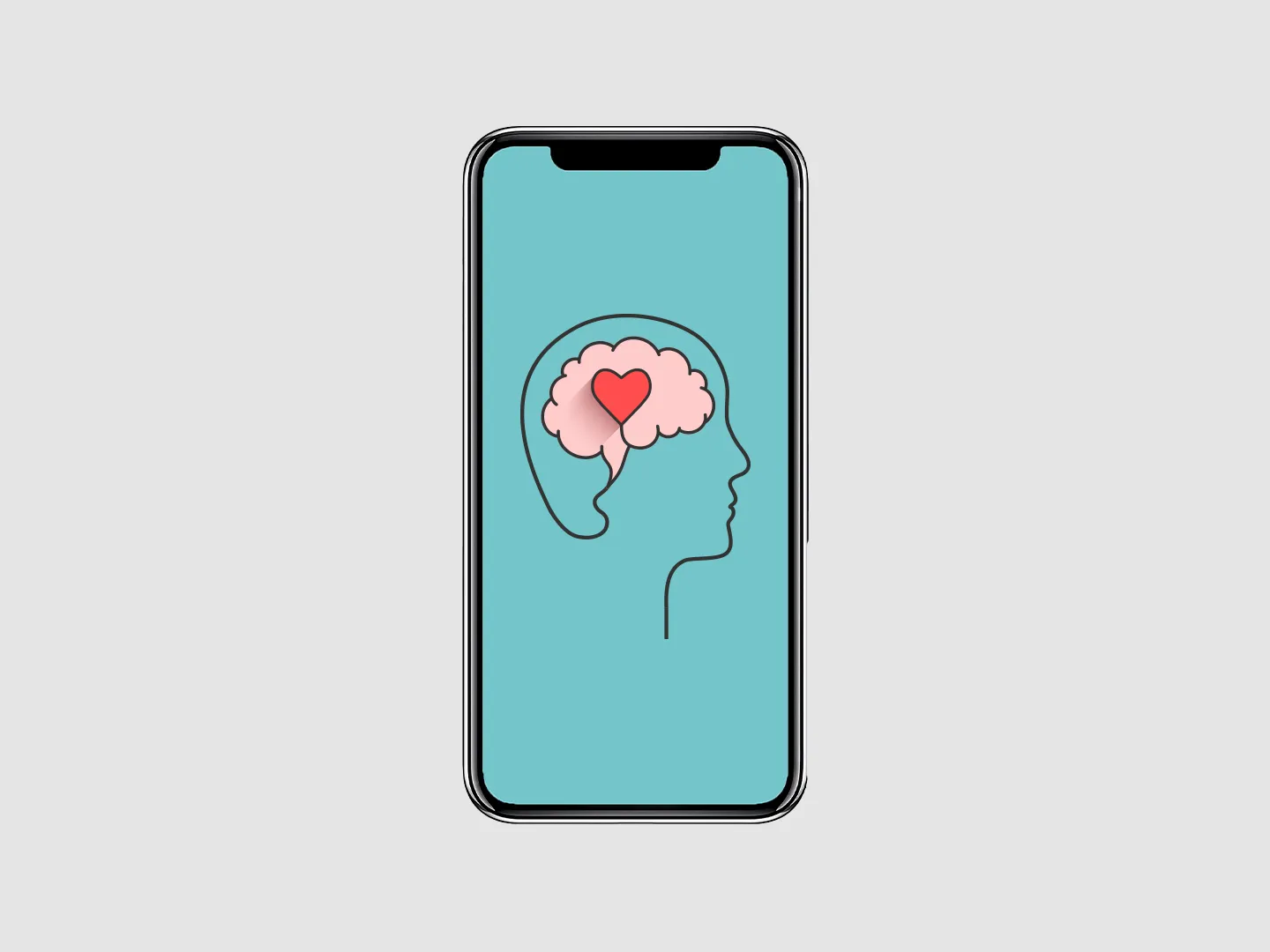Your cart is currently empty!

The Rise of Mental Health Apps
•
Are They Effective?
In recent years, the rise of mental health apps has transformed how people access emotional support. With technology making therapy and self-care more convenient, millions turn to these digital tools for help with anxiety, stress, and depression. But are mental health apps truly effective?
As these apps grow in popularity, many question their reliability, long-term impact, and ability to replace traditional therapy. This guide explores how mental health apps work, their benefits, and their potential drawbacks to help you decide if they’re the right solution for you.
Top Benefits of Mindfulness Apps for Mental Clarity
1. Why Are Mental Health Apps Becoming So Popular?
The demand for accessible and affordable mental health solutions is rising. Several factors contribute to this trend:
- Convenience: Apps offer on-demand support anytime, anywhere.
- Affordability: Many apps are cheaper than traditional therapy or even free.
- Anonymity: Users can access help without fear of judgment.
- Personalized Features: AI-driven tools, guided meditations, and mood tracking enhance the user experience.
As a result, mental health apps have become a preferred option for those seeking emotional support.
2. The Benefits of Mental Health Apps
1. Increased Accessibility
- Available 24/7 for immediate support.
- Beneficial for remote or underserved areas with limited mental health services.
2. Cost-Effective Alternative
- Less expensive than in-person therapy.
- Many offer free resources for users who cannot afford professional help.
3. Self-Guided Mental Health Management
- Daily mood tracking helps users recognize emotional patterns.
- Mindfulness and meditation exercises promote relaxation and stress reduction.
- Cognitive behavioral therapy (CBT) tools assist in managing negative thoughts.
4. Lower Stigma Around Seeking Help
- More people feel comfortable using an app instead of attending therapy.
- Encourages open discussions about mental health.
3. Are Mental Health Apps Truly Effective?
While mental health apps provide valuable support, they have limitations.
1. Not a Replacement for Professional Therapy
- Apps lack the personal connection and empathy of a therapist.
- Complex mental health conditions require specialized treatment beyond self-help tools.
2. Effectiveness Varies by App
- Some apps use clinically tested methods, while others lack scientific backing.
- User engagement plays a role—consistency is key to seeing results.
3. Privacy and Data Concerns
- Some apps collect sensitive personal data.
- Users should check privacy policies before sharing information.
4. Limited Crisis Support
- Apps cannot provide emergency intervention for severe mental health crises.
- For urgent issues, professional help is still necessary.
Therefore, while mental health apps can be beneficial, they work best as a supplement to professional care.
4. How to Choose the Right Mental Health App
If you’re considering using a mental health app, keep these factors in mind:
1. Look for Scientific Validation
- Choose apps backed by research or developed by mental health professionals.
- Check for partnerships with licensed therapists.
2. Prioritize Privacy and Security
- Read the app’s privacy policy to understand how your data is stored and used.
- Avoid apps that share personal data with third parties.
3. Consider Your Needs
- For stress and anxiety: Apps with meditation and breathing exercises are ideal.
- For mood tracking: Journaling and CBT-based apps work well.
- For therapy-like support: Look for platforms offering live chat with professionals.
4. Read User Reviews
- Check ratings to see how others benefit from the app.
- Look for transparency in features and limitations.
5. Top-Rated Mental Health Apps to Try
1. Headspace
- Best for guided meditation and mindfulness.
- Offers stress-reducing exercises to promote relaxation.
2. Calm
- Focuses on sleep, meditation, and anxiety relief.
- Includes soothing music and bedtime stories.
3. BetterHelp
- Provides online therapy sessions with licensed professionals.
- Offers affordable plans compared to traditional therapy.
4. Moodfit
- Tracks mood patterns and offers CBT-based exercises.
- Helps with goal-setting for mental well-being.
5. Woebot
- Uses AI-driven CBT techniques to help manage negative thoughts.
- Provides chat-based mental health support.
Each of these apps offers different features, so finding the right fit depends on your needs.
Final Thoughts: Are Mental Health Apps Worth It?
The rise of mental health apps has made emotional support more accessible than ever. However, while these tools offer convenience and affordability, they are not a substitute for professional therapy. For best results, apps should be used alongside traditional mental health care.
https://greatergood.berkeley.edu/article/item/why_some_mental_health_apps_arent_helpful



Disclosure: This post contains affiliate links. As an Amazon Associate, I earn from qualifying purchases. Read my full disclaimer HERE


